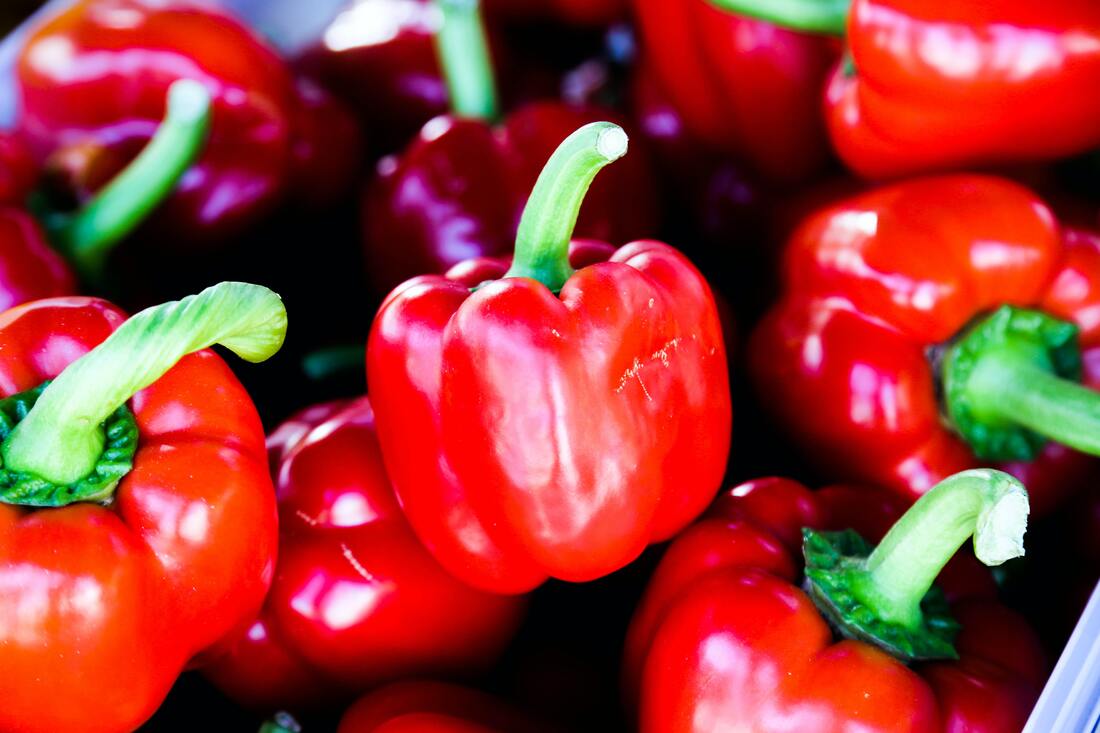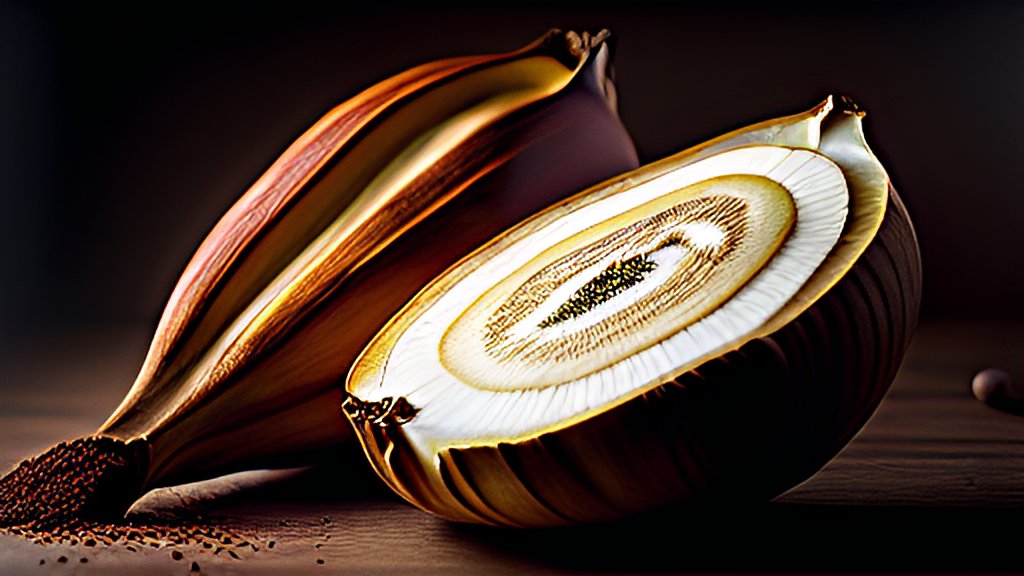The Surprising Link Between Your Gut Biome and Your Motivation to ExerciseStaying active and motivated to exercise can become increasingly challenging as we age. However, recent research suggests gut bacteria may play a much bigger role in getting us going than previously thought
A recent study discovered that the key to unlocking peak performance and motivation may lie in your gut! Two superstar bacteria, Eubacterium rectale and Coprococcus eutactus, have been identified as producing fatty acid amides (FAAs). These powerful little compounds stimulate the CB1 endocannabinoid receptors in your gut, leading to increased dopamine release in the motivation-controlling regions of your brain. And the best part? You can boost the levels of these bacteria in your gut simply by eating a diet rich in fibre, probiotics, and other gut-healthy foods. But it's not just about the science - it's about results! And even better if at stage 5 of ripeness ... Photo by Charlotte Harrison on Unsplash Who would have thought that bananas promote our gut health, helping grow beneficial bacteria that ultimately strengthens our bones and delays neural degeneration in our brain?
It all starts with inulin, which is in bananas and which begins digestion only when it reaches our gut. Free radicals age you prematurelyIt's said that our skin is a window into our inner health.
That may not be true for marathon runners, whose skin belies their inner fitness. For others, naturally healthy-looking skin says something about how we take generally care of our health. For skin, damage prevention is the number one strategy. We need to prevent damage from the sun and the environment, and damage from poor food choices. Protects your brain and reduces your wrinklesWe know about the immune-support properties of vitamin D, currently the subject of many studies examining its ability to help our immune system resist Covid19.
We know about the antioxidant effects of vitamin C, and vitamin E, both of which limit the impact of free radicals and reduce chronic inflammation. (Antioxidants neutralise free radicals which are molecules that cause cellular damage when their levels become too high. Damage caused by free radicals is associated with numerous chronic conditions, including cancer, heart disease, and diabetes.) Asparagus ranks as an excellent source of both vitamin E and vitamin C. It is also a good source of a vitamin which you have probably never heard of before - vitamin P. In fact, vitamin C and vitamin E work synergistically to enhance the antioxidant effects of vitamin P. Weight loss and late-night meals ... Photo by Ussama Azam on Unsplash
In nutrition (and fitness) it's hard to differentiate between fact, myth and personal bias. And boost your brain health Photo by Alex Motoc on Unsplash The choices you make at the grocery store can have an impact on the inflammation in your body. Scientists are still unravelling how food affects our inflammatory processes, but they know a few things.
In simple terms, sugary high-processed foods help release inflammatory messengers that can raise the risk of chronic inflammation. Other foods like fruits and veggies help your body fight against oxidative stress, which can trigger inflammation. Add walnuts to your shopping list - they fight inflammation and have other desirable side-effects such as helping us sleep better.  Photo by Vishang Soni on Unsplash 4 ways you'll feel better after eating fruit and vegetables for a weekMost adults don't eat enough fruits and vegetables. In fact, dietary intake of several nutrients found in fruits and vegetables — including potassium and dietary fibre — is low enough to be a public health concern for both adults and children in the US, and in Australia.
"The bottom line is that most Aussies are not eating enough vegetables each day," Alexandra Parker, accredited practising dietitian of The Biting Truth, told HuffPost Australia. The health consequences can be serious. For example, there is compelling evidence that a diet rich in fruits and vegetables can lower the risk of heart disease and stroke. A study of over 100,000 mean and women over 14 years found that, compared with those in the lowest category of fruit and vegetable intake (less than 1.5 servings a day), those who averaged 8 or more servings a day were 30% less likely to have had a heart attack or stroke. And add some fenugreek seeds ... Photo by Gábor Szűts on Unsplash Is coffee good for you? It could be, in moderation.
Coffee has had a hot-and-cold reputation when it comes to health benefits. Not long ago, I was learning about the dangers of coffee: how it could raise your blood pressure, make your heart race, impair sleep, and maybe even cause bladder and pancreatic cancer. Now, it seems that drinking two to five daily cups of coffee may protect against heart disease, diabetes, and some cancers. But too much can cause problems like anxiety, nervousness, and insomnia. And if you like Japanese food ... Nato mazesoba | Photo by 8-Low Ural on Unsplash Our body needs vitamin K to produce prothrombin, a protein and clotting factor that is important in blood clotting and bone metabolism, and for regulating blood calcium levels. That is how we usually pigeonhole vitamin K.
However, vitamin K's health benefits have been recently shown [2020] to extend beyond blood and bone health and to benefit chronic low-grade inflammatory diseases such as cardiovascular disease, osteoarthritis, dementia, cognitive impairment, mobility disability, and frailty. There is also interesting, though not definitive, evidence of a direct correlation between vitamin K levels and cognitive performance. Four human studies reported an association of low vitamin K intake or low blood concentrations of vitamin K with cognitive impairment or Alzheimer's Disease. Perhaps. But overdosing will damage your kidneys Photo by Marcel Friedrich on Unsplash Scientists in the UK are calling for ministers to add vitamin D to common foods such as bread and milk to help the fight against Covid-1.
However, the call is controversial. Back in 2017, Professor Louis Levy, Public Health England's head of nutrition science, responded to calls for fortification by saying that there was not enough evidence that vitamin D would reduce the risk of respiratory infections. Recently, researchers in Spain found that 82% of coronavirus patients out of 216 admitted to hospital had low vitamin D levels. The picture is mixed; some research shows that vitamin D levels have little or no effect on Covid-19, flu and other respiratory diseases. |
ChoicesSince I was diagnosed at 50 with Type 2 diabetes I've been learning how to do bone-building fitness training which lowers my age. You can too. It's your choice. Walter Categories
All
Archives
May 2023
|



 RSS Feed
RSS Feed



